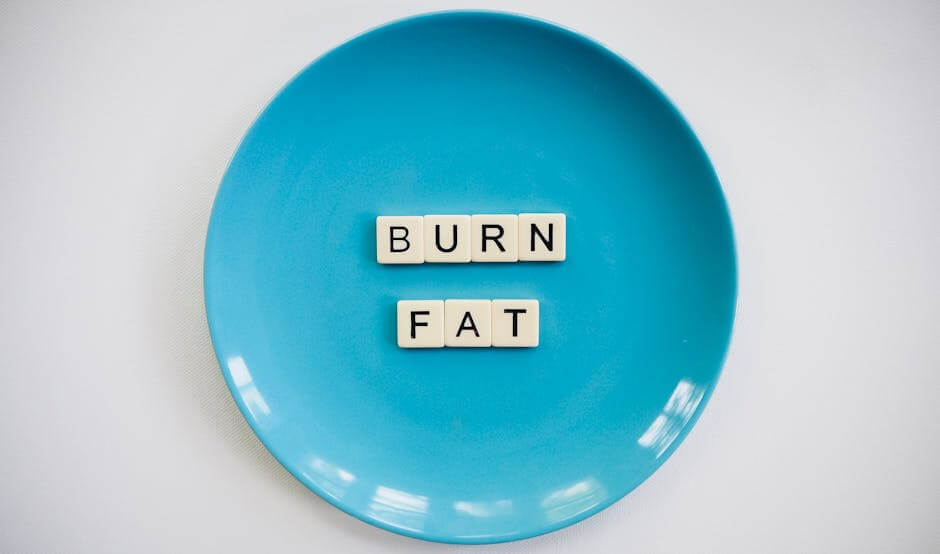Losing weight and keeping it off can be a challenging but rewarding journey. In this comprehensive guide, we will explore the key principles of weight loss, debunk common myths, and provide practical tips to help you achieve your weight loss goals.
**Understanding Weight Loss**
Weight loss occurs when you consume fewer calories than you burn. This creates a calorie deficit, forcing your body to burn stored energy (fat) for fuel. The rate of weight loss depends on various factors, including your starting weight, calorie intake, physical activity level, and metabolism.
**Debunking Common Weight Loss Myths**
* **Myth 1: All calories are created equal.** While all calories provide energy, not all calories are processed by the body in the same way. Protein and fiber-rich foods can promote satiety and curb cravings, while processed foods and sugary drinks can lead to weight gain.
* **Myth 2: You need to starve yourself to lose weight.** Severely restricting your calorie intake can be counterproductive. It can slow down your metabolism and make it harder to maintain weight loss in the long run.
* **Myth 3: Weight loss is just about exercise.** While physical activity is essential for burning calories and improving overall health, it is only one part of the weight loss equation. Calorie management plays a crucial role in achieving weight loss success.
**Practical Tips for Weight Loss**
* **Set realistic goals.** Aim to lose 1-2.5 pounds per week. This pace is sustainable and less likely to lead to weight regain.
* **Create a calorie deficit.** Determine your daily calorie needs using online calculators or consult with a registered dietitian. Aim for a calorie deficit of 500-1000 calories per day.
* **Focus on whole, unprocessed foods.** Fruits, vegetables, whole grains, and lean proteins provide essential nutrients and promote satiety. Limit processed foods, sugary drinks, and unhealthy fats.
* **Incorporate regular physical activity.** Aim for at least 150 minutes of moderate-intensity exercise or 75 minutes of vigorous-intensity exercise per week. Find activities you enjoy to make exercise sustainable.
* **Get enough sleep.** Sleep deprivation can disrupt hormone levels that regulate hunger and metabolism. Aim for 7-9 hours of quality sleep each night.
* **Manage stress.** Stress can lead to unhealthy eating habits. Engage in stress-reducing activities such as yoga, meditation, or spending time in nature.
* **Seek support.** Join a weight loss group, consult with a registered dietitian, or reach out to a friend or family member for encouragement and accountability.
**Maintaining Weight Loss**
Maintaining weight loss requires ongoing effort. Here are some tips to prevent weight regain:
* **Continue to track your calories.** Even though you have reached your goal weight, it is helpful to track your calories periodically to ensure you are maintaining a healthy balance.
* **Stay active.** Physical activity is essential for maintaining a healthy weight. Continue to engage in regular exercise that you enjoy.
* **Make healthy choices.** Stick to a diet rich in whole, unprocessed foods. Limit processed foods, sugary drinks, and unhealthy fats.
* **Listen to your body.** Pay attention to your hunger and fullness cues. Eat when you are hungry, but stop when you are full.
* **Don't give up.** Weight loss is a journey, not a destination. There will be setbacks along the way. Don't let them derail your efforts. Learn from your mistakes and stay committed to your goals.

